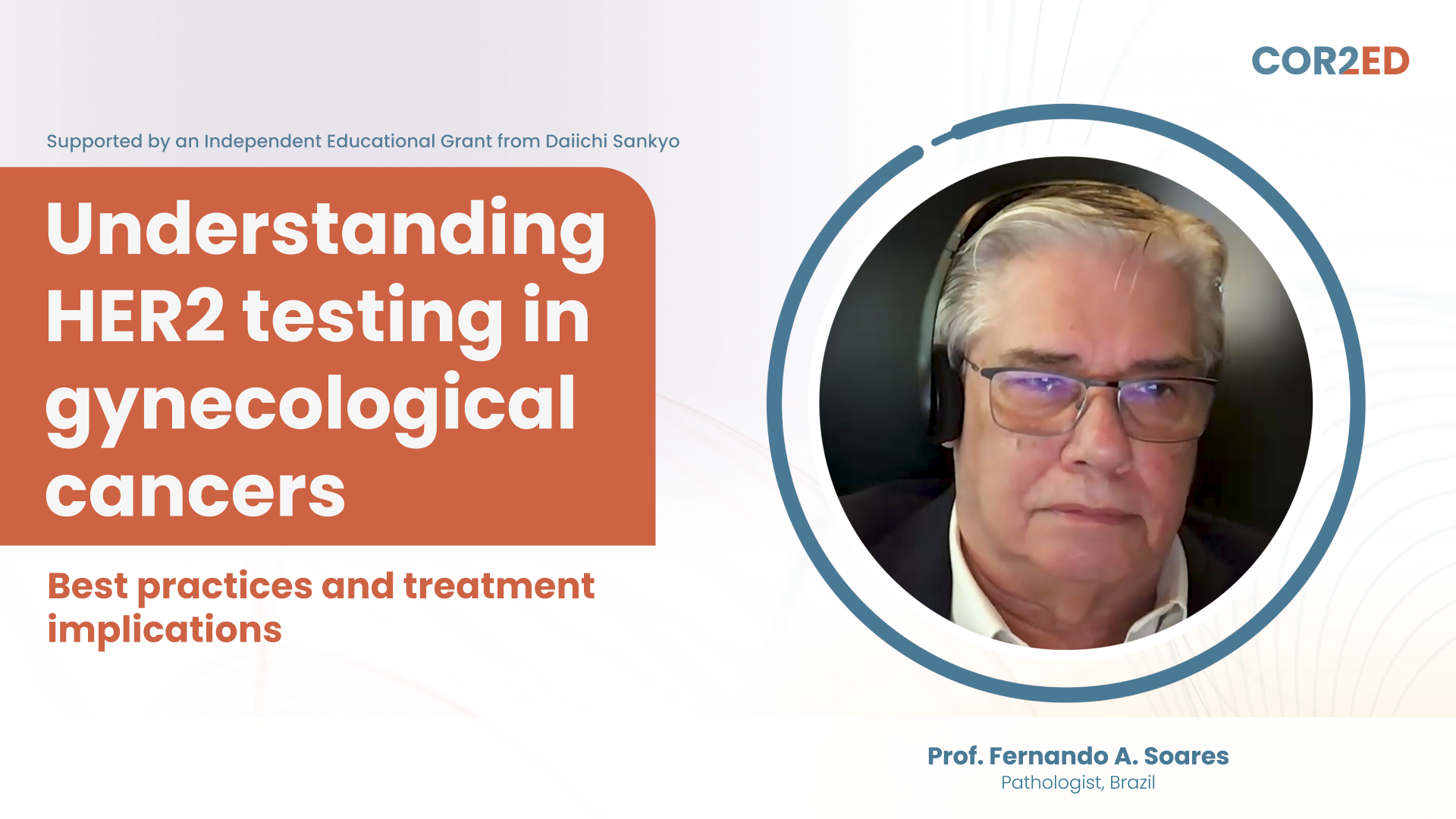Dr Rohit Gosain
Hello and welcome back to another episode of Oncology Brothers podcast. I'm Rohit Gosain, along with my brother and co-host Rahul Gosain. We are continuing on our four-part series focusing on hepatocellular carcinoma (HCC), where the first episode was dedicated to 1st line treatment options, with Doctor Rachna Shroff, where we discussed in advanced HCC how IO has changed the treatment paradigm, whether that's with IO on its own or combination with bevacizumab or other IO agents.
Dr Rahul Gosain
That's right Rohit. Thankfully, we now do have more options in 1st line, but then picking the right treatment in 2nd line gets complicated. With that in mind, today we're diving into our second part of this series focused on advanced HCC, specifically 2nd line treatment selection and when to switch therapies. To help us navigate this complex topic, we're joined by Doctor Lorenza Rimassa, a medical oncologist and head of hepatobiliary cancer program in Milan, Italy, and Doctor Arndt Vogel, a hepatologist and medical oncologist previously from Germany but now in our hometown, Toronto, Canada. Lorenza and Arndt, thank you so much for joining us.
Dr Rohit Gosain
Well, welcome. Lorenza and Arndt, before we dive into our 2nd line treatment options for HCC, it is important to reiterate the current standard of care, at least for frontline, which we are still heavily relying on atezolizumab and bevacizumab off of IMbrave150 and durvalumab and tremelimumab or and based on recent approval off of HIMALAYA STRIDE regimen.
Additionally, we still have sorafenib and lenvatinib upfront treatment options available. Median overall survival, unfortunately, still is less than two years from the get-go. So whenever we are thinking about this disease upfront, we are always thinking about this disease as going to progress. So we have to think about our 2nd line treatment options. Lorenza, can you please start us off here? It is a big unmet need. How are you navigating this landscape and 2nd line treatment option?
Dr Lorenza Rimassa
Sure, it is an unmet need. Indeed. We have a Phase 3 data after sorafenib. We have a positive Phase 3 trials, showing that regorafenib improves survival versus placebo after sorafenib. Same data for cabozantinib. Again, Phase 3 in 2nd and 3rd line after sorafenib. And for ramucirumab in patients with a high baseline AFP again after sorafenib. So these trials show that a 2nd line treatment after sorafenib was able to improve survival and other efficacy outcomes compared to placebo.
If we start with lenvatinib or as we are used to do now with, immunotherapy combination atezolizumab plus bevacizumab or the STRIDE regimen; durvalumab plus tremelimumab, we don't have a Phase 3 data in the 2nd line. And so in the clinic there is a real unmet need, because we don't have a robust data based on which we can select the 2nd line treatment.
Dr Rahul Gosain
Lorenza, thanks for laying this foundation. And again, this is a good problem to have to what you and Rohit have alluded because our 1st line treatment options have changed. All the Phase 3 data that we have available was after sorafenib. Arndt, would you take a minute to add on this changing landscape and how what options we have in 2nd line, knowing that the patients have progressed on IO or IO combination, what are you keeping in mind when you're talking to them about the 2nd line treatment?
Prof. Arndt Vogel
I mean, so first of all, I mean I would like to start with a more general view maybe, and I think you can always view on the data that the glass is half full or half empty. And I tend to see it not as pessimistic anymore as Rohit just started off. I think we really have made tremendous progress in recent years. And I think we really need to acknowledge that. So in the old days, yeah, when I started 20 years ago, I mean, we had nothing available. And then it was just sorafenib and for many years, the median overall survival was below one year. So and I think having now Phase 3 studies with a median overall survival of two years is some progress. I mean we certainly can do better. But we have also and I mean, Lorenza was the first author, on that five years survival update, right, from clinical trials in HCC, which means there are surviving patients after five years. And we have just published a paper on recurrence-free survival for patients with immunotherapy in advanced HCC. If we report recurrence-free survival it implies that you have complete responses. So in advanced disease. And so the numbers are still low. But we have made progress.
Another point is we do not only have more effective 1st line treatment. I think also some of the progress we are seeing at the moment is because we can apply sequential treatment. If you just take sorafenib and lenvatinib in the pivotal studies, Median overall survival, was just 11 months or 13 months. And with lenvatinib we have now in our latest study a median overall survival of 20 months, and most likely lenvatinib is not a more active drug. But the main difference is that we can now apply sequential treatment and maybe also treat our patients earlier.
So I think, we have made tremendous progress. We have more. We are starting systemic therapy earlier. Which also implicates that we can treat more patients. And we need to think how we can, best do that. And I mean, otherwise, I fully agree with Lorenza. We do have data for TKIs after sorafenib, but otherwise it's, kind of evidence-based free room. So we really need to think about how could we best sequence our treatment. And I think this is something we want to discuss now. Right.
Dr Rahul Gosain
Absolutely Arndt. Thank you so much. Yes, our patients are living longer because we do have better options. Lorenza, we have a few TKIs available here. Be it cabozantinib, be it regorafinib, lenvatinib, if you've not used that up front, can you touch on the practical aspect or what data do we have on either of this to support this practice?
Dr Lorenza Rimassa
Yes, we have real-world data and we have some, prospective Phase 2 trial of the TKIs for instance, for regorafenib, we have the REFINE that is a large observational trial, a kind of registry. And even after a reduced dose of, for instance, of sorafenib in the registrational trial in the Phase 3 trial of regorafenib, after sorafenib, patients should have, tolerated the prior treatment with sorafenib. And that was an inclusion criteria. And, now we know from real-world data like the REFINE and also from other, prospective Phase 2 trials that also patients who are not able to tolerate sorafenib or who received the other 1st line options like lenvatinib or like atezolizumab plus bevacizumab.
We have few data after durvalumab plus tremelimumab because the regimen is newer. We will have more data after atezolizumab + bevacizumab. But I think they can be translated and considered for all the, 1st line, immunotherapy combinations. And we have data that regorafenib is active, effective and also tolerable even after immunotherapy.
We also have data for cabozantinib. We have a prospective Phase 2 trial, run in Asia that showed that cabozantinib after immunotherapy, again, mostly atezolizumab plus bevacizumab achieved the same efficacy and safety results, compared to the CELESTIAL trials. So the registrational Phase 3 trials. So, after immunotherapy, the results that we can achieve with the tyrosine kinase inhibitors are more or less the same, results that we had from the Phase 3 trials.
And the same is also for sorafenib and lenvatinib, because if we start treatment with immunotherapy, then we have the drugs that we were used to use in 2nd line, but also we have the drugs that we were used to use in 1st line. And again, we have real-world data showing that the efficacy and safety of sorafenib and lenvatinib are very similar to the data that we had, from the registrational trials. So as I said at the beginning, we don't have robust data. This is a difficult area, but based on the data that we have so far, it's safe and effective to treat patients with tyrosine kinase inhibitors after immune checkpoint inhibitors.
And as Arndt said, it's important to treat patients with more than one line because the survival is associated with a sequence, not only a collection of the 1st line treatments. So it's important. And then we can discuss how to switch and when to switch. But it's important to provide patients with all the different drugs that we have in a sequence.
Prof. Arndt Vogel
Maybe I can add here briefly, so, I mean I think I completely agree with what Lorenza has said. I mean, we have all the data. We don't have any evidence to assume that any of the drugs is not effective after atezolizumab + bevacizumab. But still the question is what should we do in clinical practice?
And interestingly enough, I mean, even when we updated the ESMO guideline in 2021, they couldn't agree on the strategy. So, and actually we had to include a minority report because we did not come to a conclusion. Some of our colleagues thought that we should shift the lines basically sorafenib and lenvatinib should go to 2nd line and the old 2nd line drugs should go to 3rd line. I could never really understand that because I thought, I mean, we don't have any data for sorafenib, lenvatinib in 2nd line, so why are they now the preferred 2nd line treatment?
And on the other hand, we have for cabozantinib and regorafenib data in 2nd line, why should they not be active after atezolizumab + bevacizumab or STRIDE? So I always thought it's a little bit difficult to argue that way. And I think we have now learnt a bit and we have seen the real-world data Lorenza just mentioned.
Dr Lorenza Rimassa
Another point I think that should be considered, is the different guidelines in different countries and what is allowed in different countries, because I would be very happy to use lenvatinib in 2nd line, but I cannot do that because lenvatinib in Italy, for instance, is reimbursed only in 1st line because the Phase 3 was in 1st line. So, in different countries, in different geographic areas, I think we have to consider the guidelines and what is allowed to do. And then overall, I think that we, we have some data to prescribe TKIs in 2nd line after IO. I’m comfortable, I don't think there is any safety issues. That is the most important thing for our patients. And hopefully we will have more data in the future to select one drug or the other.
Prof. Arndt Vogel
Maybe the IMbrave251 study would help you. And I fully agree. In Germany, I had the same problem about reimbursement of lenvatinib and with IMbrave251 which I think will provide us data for two points. One is can we use and what is the efficacy of lenvatinib and sorafenib in 2nd line? So even if the study is negative, we will have data for both drugs in 2nd line, which could be helpful for reimbursement. And in addition to that we will learn whether we can use IO beyond progression. So I think that could be a helpful study for that.
Dr Rohit Gosain
Well, thanks, Arndt and Lorenza, for summarising quite a bit here. I'll break things down here first of all coming down to you, Arndt. In regard to what you stated, we have come a long way from where we started out, and that has been the paradigm shift for every disease site. Patients are surviving, which is great news. With regards to our 2nd line options, at least from community settings, certainly you have to depend on the regulatory approval in each country.
With regards to IO now we are bringing IO in much front-line, at least in localised settings. The question always is going to be can we rechallenge them with IO? And then you combine that with CTLA-4, Any utility currently? Lorenza, we'll start with you, to add IO after our patients have been on IO therapy already. Maybe additional CTLA-4?
Dr Lorenza Rimassa
Yes. This is another open issue, open question because we don't have data. But I think that if we start, with IO based combinations in an earlier setting, let's say in the intermediate stage, and then patients have a response and then progress, we can consider even changing the IO combination. We have some real-world data suggesting that patients who respond to the first administration of IO based combinations may respond also to a second IO based combination, changing the type of immunotherapy. For instance, you mentioned the anti-CTLA-4. I don’t think, again, we don't have data, but it doesn't seem that there is a cross resistance in between for instance atezolizumab + bevacizumab and durvalumab + tremelimumab. There is no reason to think, of that. So maybe, changing the immunotherapy can be an option if feasible. But we have even less data, compared to the data that we have a for TKI after, immunotherapy.
So I think that could be an option, especially for patients who have a good response, a CR (complete response) or a good partial response with a long duration of response when they progress, they can be probably rechallenged with the immunotherapy combination. But this is again, an open field. And we need more data in this area because really we don't have any prospective trial, with data available so far.
Dr Rohit Gosain
It will be interesting how the trials play out, whether that's IO with CTLA-4 or even TKI combinations with IO therapy here.
Dr Lorenza Rimassa
As Arndt mentioned there is an ongoing Phase 3 trial that is testing atezolizumab plus sorafenib or lenvatinib versus sorafenib or lenvatinib after atezolizumab + bevacizumab, so we’ll see if continuing atezolizumab beyond progression changes the paradigm. Changing bevacizumab with a TKI will be helpful for the patients. And this is the only Phase 3 trial that is ongoing. But there are Phase 2 trials that will give some data in the near future hopefully.
Dr Rahul Gosain
Absolutely. And again, we're talking about, active treatment options. One thing that should also be brought up, during these discussions is best supportive care, because sometimes that is the best option for our patients in front of us. Acknowledging that there are regional cultural differences, we're talking about regional cultural differences, even when we're talking about supporting guidelines. Arndt, I would love to hear from you. Given that you've practiced in Germany, now you're in Toronto. ASCO guidelines, NCCN guidelines versus ESMO guidelines or local guidelines. Any stark differences? Briefly, in two different regions that you've practiced?
Prof. Arndt Vogel
I think I mean, so maybe coming back to your first point about best supportive care, so and in HCC, it's I think it's a really important point. Because it's not just best supportive care, it’s active symptom control. Because I mean, these patients have liver cirrhosis and they are at risk of decompensation or ascites. which could also be related to the treatment. So I think I mean oncologists really have here the mandate a little bit to also think about the liver. And I think, I mean, it's again active symptom control. It's a little bit more than best supportive care. I mean, beyond what we do in patients without liver cirrhosis. So that I think it's really important to mention.
In terms of availability, when I was in Germany, I thought we have a lot of options, but we have also some restrictions. And as Lorenza said, in Italy we cannot use lenvatinib as 2nd line treatment. At least we were not able to do it for quite a while. Then I thought, okay, North America is easy going. Right. So NCCN guidelines. I mean, everything is possible, right? In the end. I mean, then coming to Canada, I really learned a hard lesson. And I saw that the restrictions can be even worse than in, in Europe and in Germany. And so, I mean, in Germany, we were able to treat really sick patients sequentially over up to five, six lines using all the drugs. And here in Canada, we have really a restriction that we can only use like 1st, 2nd line and maybe sometimes 3rd line, but it's already very restrictive in terms of reimbursement.
The guidelines I think it's we are trying to be as open as possible. And I mean, as you mentioned before, it's an evidence free room. But I think in clinical practice we need to do something. And in ESMO we tried to be open and now we are with the update. We will be more open than we were before. So we strongly recommend sequential treatment and we recommend that we need to look not only at the efficacy but also toxicity and quality of life. And I think then there are only small nuances right? In ILCA, for example, they also have a guideline. And I think it's fair to say that I mean with ramucirumab which has Phase 3 data. Right? But should we really use it after bevacizumab? And I think it's fair to put a question mark there because I mean we don't have the data, whether really a VEGF after a VEGF is active? So I think it's fair to question that a little bit specifically since we have other drugs available.
So I think the common theme for me is that all recommend sequential therapy and a little bit depending on the guidelines, some stick to this change of 1st line to 2nd line, and 2nd to 3rd line. And some are more open and recommend any drug with Phase 3 evidence.
Dr Rahul Gosain
Arndt, thank you so much for touching on that. And one thing that you brought up was being proactive in symptom management, be it from underlying disease or from our treatments. Lorenza, with that in mind, ramucirumab, TKIs be it cabozantinib, lenvatinib, sorafenib, or regorafenib. Can you briefly touch on some key side effects to keep in mind? If you're using regorafenib important for that step-up dosing, just practical aspects around these treatments?
Dr Lorenza Rimassa
Yes. So for ramucirumab is very easy because the only important adverse event is hypertension. For the other drugs, they are all tyrosine kinase inhibitors, we have some slightly different toxicities. For instance, for lenvatinib, we can consider that the most frequently observed adverse events are hypertension again and proteinuria. While for instance for sorafenib we have diarrhoea and skin toxicity, the hand-foot skin reaction. For regorafenib and cabozantinib, again we have more or less the same, adverse events: hypertension, skin toxicity, diarrhoea, weight loss. So some adverse events that can really have a negative impact on quality of life.
So I think that considering the 2nd line, we have also to consider how patients tolerated the 1st line and in which clinical conditions they are. So when we switch, patients are in good clinical conditions with a good liver function with a Child Pugh class A, for instance, they tolerated very well the 1st line, then we can select the 2nd line mostly based on the efficacy data. If patients are not in so good clinical conditions, maybe the liver function is not so good, maybe they are Child Pugh B7. Maybe they didn't tolerate very well the 1st line, maybe they had hypertension with bevacizumab. Then we must be more careful and consider not only the efficacy data but then as Arndt was saying, the safety data and the quality of life of the patients, because we mentioned that we did make progress and I totally agree. But these patients cannot be cured in the advanced setting unless a very, very small, percentage of them. So the quality of life is a really important point that should be considered during the sequence.
And also we have to consider very carefully when to switch to the 2nd line, because in some cases we have a, let's say, slight progression, minor progression may be just the increase in the liver lesion. And the patient maybe are in good clinical conditions, tolerated very well the 1st line, I'm not sure we have to change. If we have a clear disease progression with the new lesions maybe outside the liver then okay we have to change. So there are different aspects that we have to consider. Both when we have to change the line and which lines, which drugs can be, or are the best drugs that can be used in the following lines?
Dr Rohit Gosain
Thanks, Lorenza. And coming down to your point, as well as Arndt, stating that first of all, we have to keep quality of life in mind because this is a palliative care treatment that we are providing. So us as community oncologists, we definitely need to get comfortable with the side effect profile and managing that.
Additionally, we have to treat the disease here, especially with the symptoms that come about. So our best friends are going to be interventional radiologists, radoncs, even the GI physicians. So this is a multidisciplinary approach, not just in localised setting, but even in advanced setting itself. Arndt, while we are getting close to the end here, your key takeaways, so someone who's treating patients with HCC, any key studies that are on your radar?
Prof. Arndt Vogel
I think the most important point at the moment is that we do have options, which is good and bad, right? I mean, we can apply sequential therapy, but it's not as easy as it was in the old days. I mean, we need to think. And as Lorenza has said, I mean, we have to take everything into consideration to make our own decisions in 1st, 2nd and 3rd line, which is good and which will clearly improve our survival. And it will be even more in the future, because we do see that the IO based combinations are moving to intermediate stage. So I think we will use systemic therapy earlier than in the old days. And with that we will probably have more patients in 2nd and 3rd line. And again, we need evidence how we best choose the drugs.
So I think I mean, my take home message would be really that as you mentioned, it’s a team effort. We really need to discuss these patients in the tumour board and it's never too late to give up. I mean so we have, we can see cure in patients with advanced disease. They need to be re-evaluated for local therapies. And they need to be monitored for any signs of hepatic decompensation. And with that I think they can really make also without new drugs, more progress for our patients. But we really need to discuss them in the team.
Dr Rohit Gosain
Well I couldn’t have summarised it any better sir. Lorenza, from your standpoint, key takeaways and any important studies that are on your radar for future?
Dr Lorenza Rimassa
Well, I think that the most important trial that is, that will read out in the near future will be the Phase 3 in 2nd line. So we will have robust data in 2nd line. We mentioned the atezolizumab plus sorafenib or lenvatinib versus sorafenib or lenvatinib.
But another point that I would like to highlight. You already mentioned the multidisciplinary team. We have data that patients with HCC, regardless of everything, if treated by a multidisciplinary team have longer survival compared to patients who are treated by a single physician, regardless of the stage or regardless of the treatment. So this is key. We have to discuss the patients with other colleagues. Arndt mentioned decompensation. I'm a medical oncologist. I do need that the hepatologist or gastroenterologist, if patients tend to decompensate because it's important if patients decompensate I cannot treat with the oncology drugs. So it's a multidisciplinary approach. And this is key. And then we will be able to treat patients for a longer period of time. Now we have 20% of patients alive at five years. We mentioned at the beginning from the exploratory analysis of the HIMALAYA trial, this is unprecedented. It was even impossible to think of in the past. So the multidisciplinary approach is my key message.
Dr Rahul Gosain
Arndt, Lorenza, thank you so much for taking the time to share your thoughts with us today on this topic of 2nd line treatment options for advanced or metastatic HCC. For our listeners, let us go over a quick recap. In this four-part series discussion on HCC, today's conversation with Doctor Lorenza Rimassa and Doctor Arndt Vogel, our focus was on treatment options in 2nd line for advanced or metastatic hepatocellular carcinoma. The data on rechallenging with immunotherapy in this setting is currently limited.
Dr Rohit Gosain
Appreciating side effects that come along with these agents, and considering best supportive care along with treating the symptoms for that right patient, is very critical. More treatment is not always the right answer. Thank you for joining us. Make sure to check out our other discussions with Doctor Shroff focused on 1st line treatment option in HCC, and look out for two other discussions focusing on intermediate HCC. We look forward to seeing you in person at GI ASCO 2025. We are the Oncology Brothers.
Tonke de Jong (COR2ED)
If you enjoyed this podcast and want to find out more then please look for the "Oncology Medical Conversation Podcast" under the account of COR2ED Medical Education. Also don’t forget to rate this podcast, subscribe to our channel and share it with your colleagues. Thank you for listening and see you next time. This podcast is an initiative of COR2ED and developed by HCC CONNECT, a group of international experts working in the field of oncology. The views expressed are the personal opinions of the experts and they do not necessarily represent the views of the experts' organisations, or the rest of the HCC CONNECT group. For expert disclosures on any conflict of interest please visit the COR2ED website.


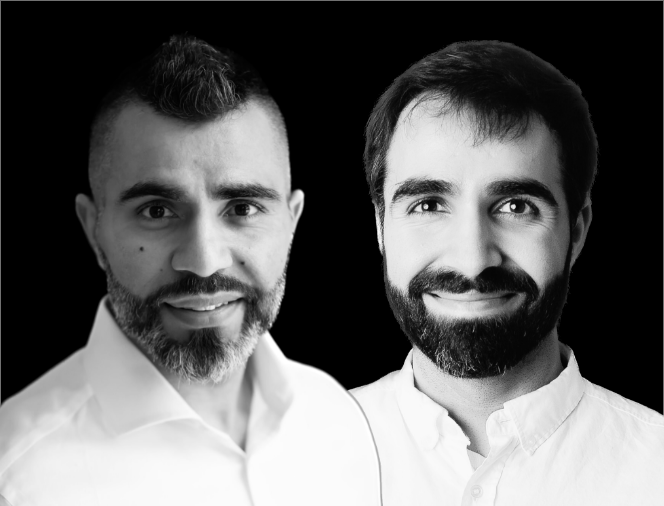


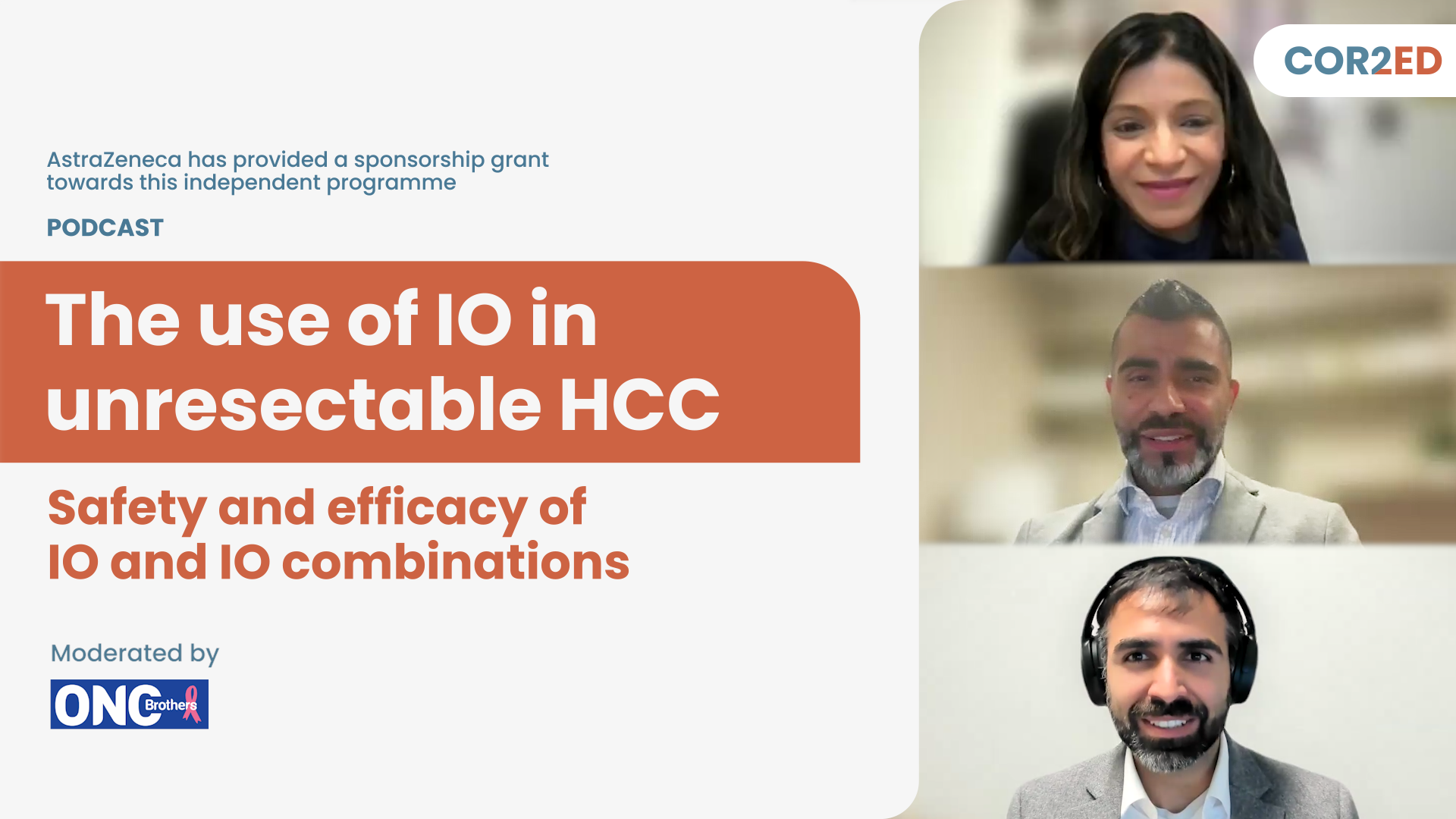
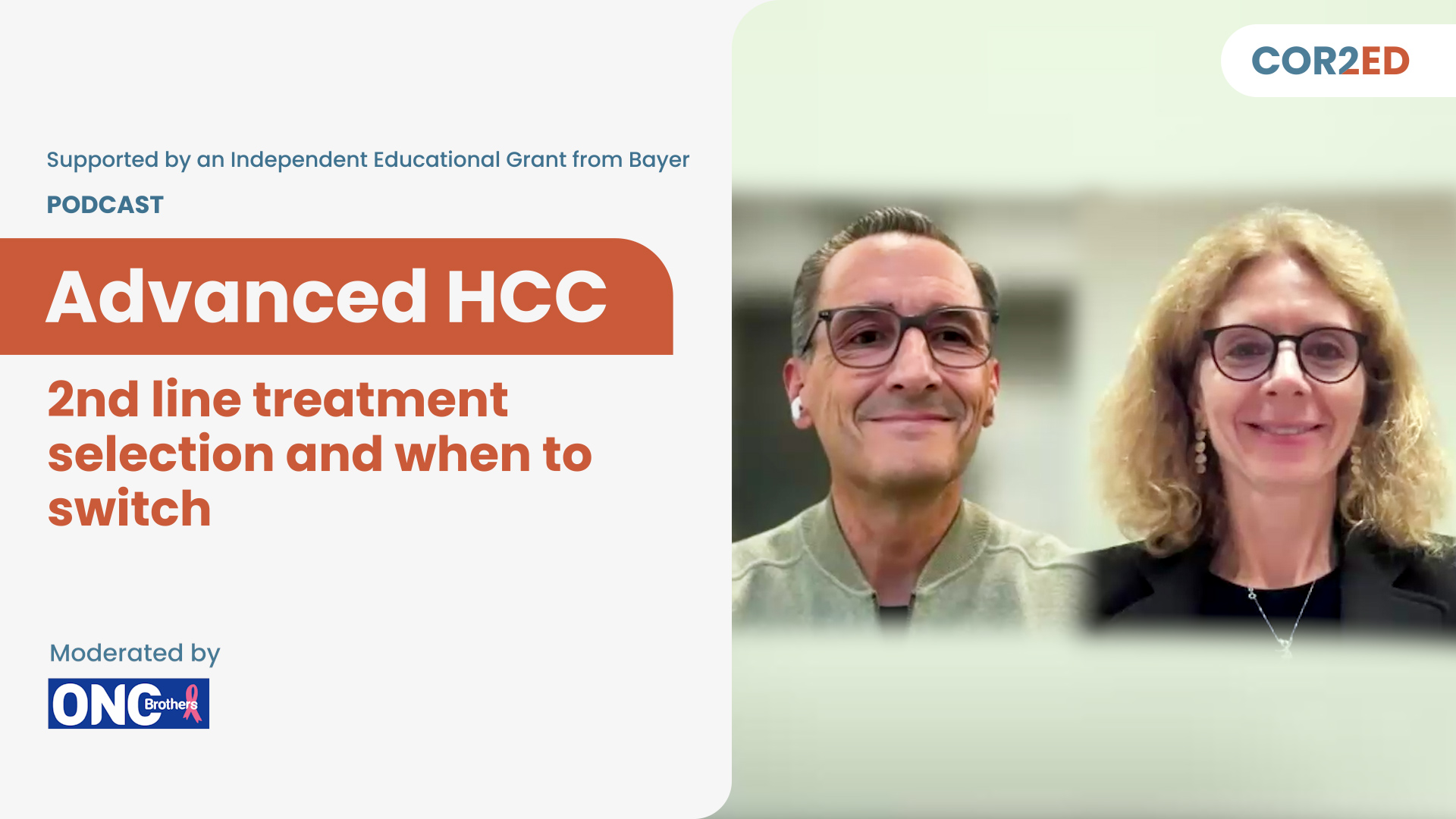
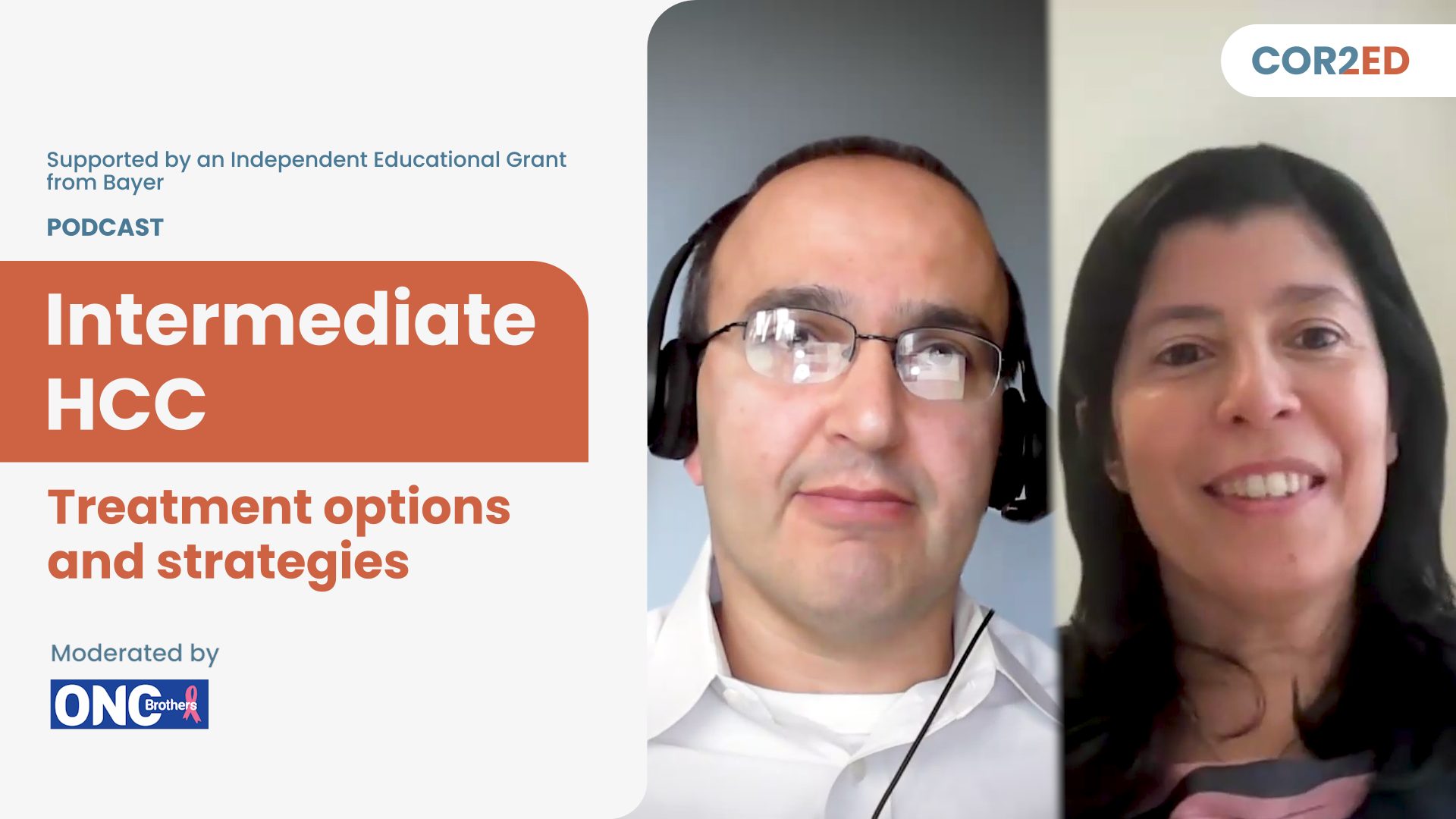
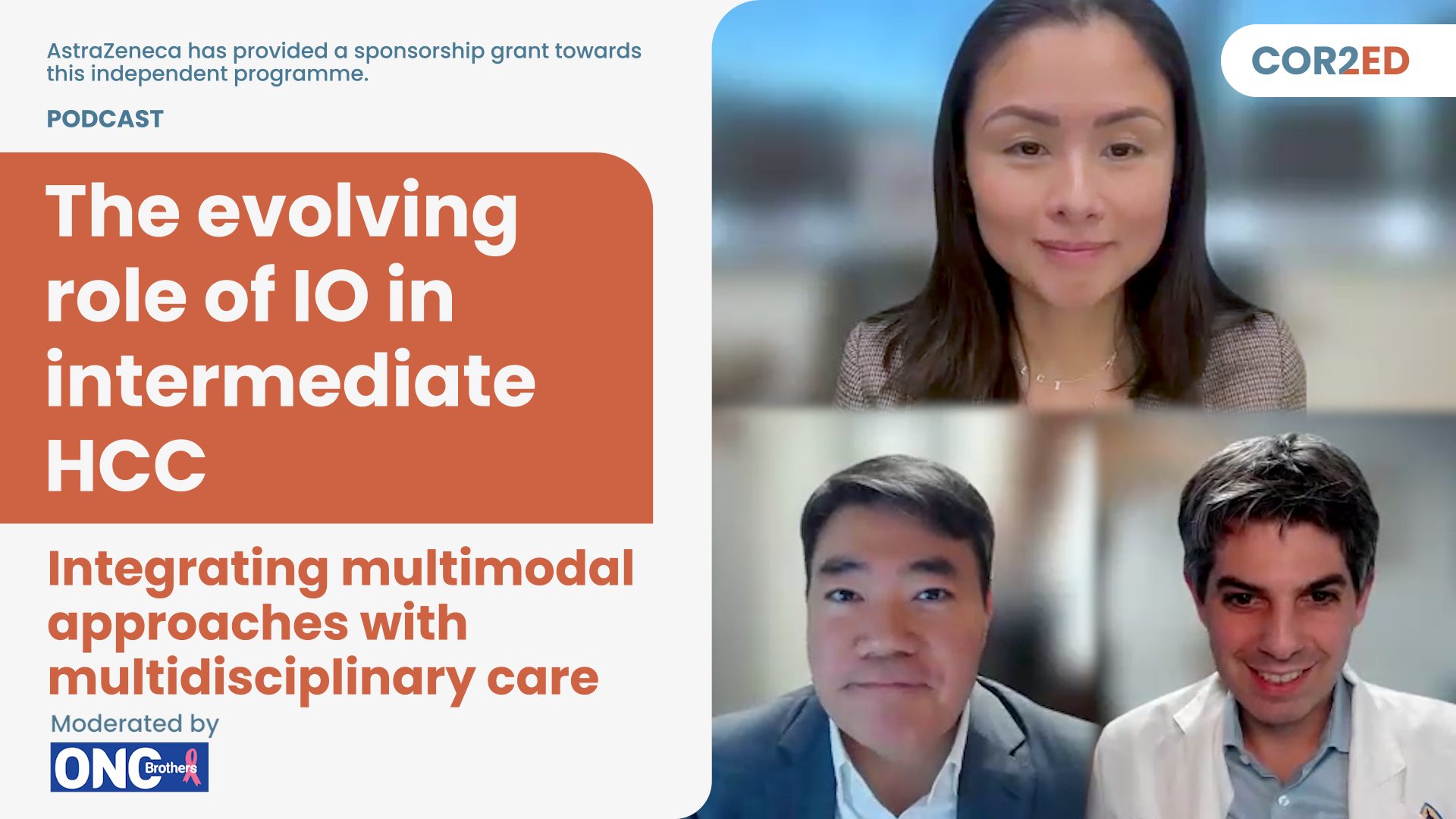



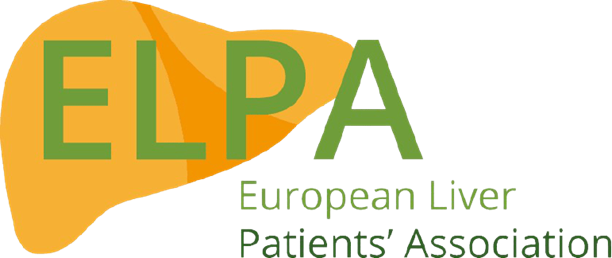
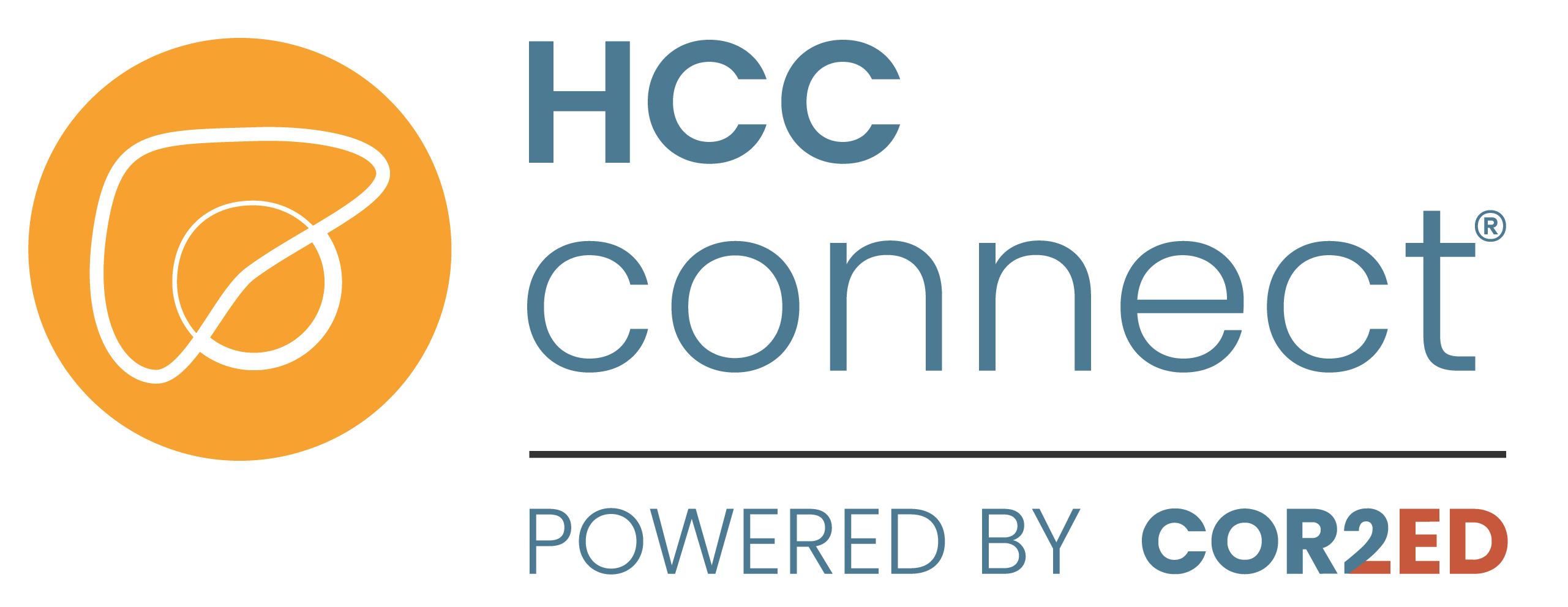


 Downloadable
Downloadable  20 MIN
20 MIN
 Feb 2026
Feb 2026 
